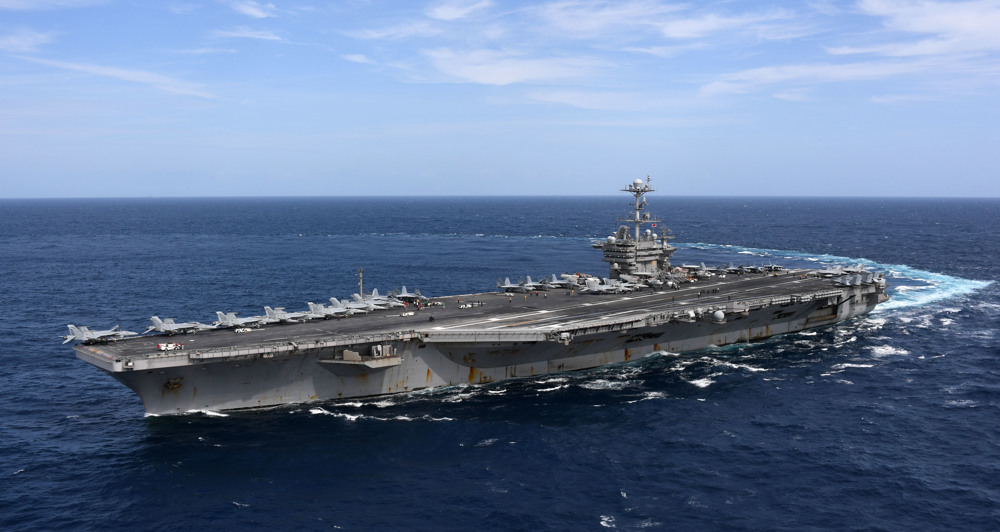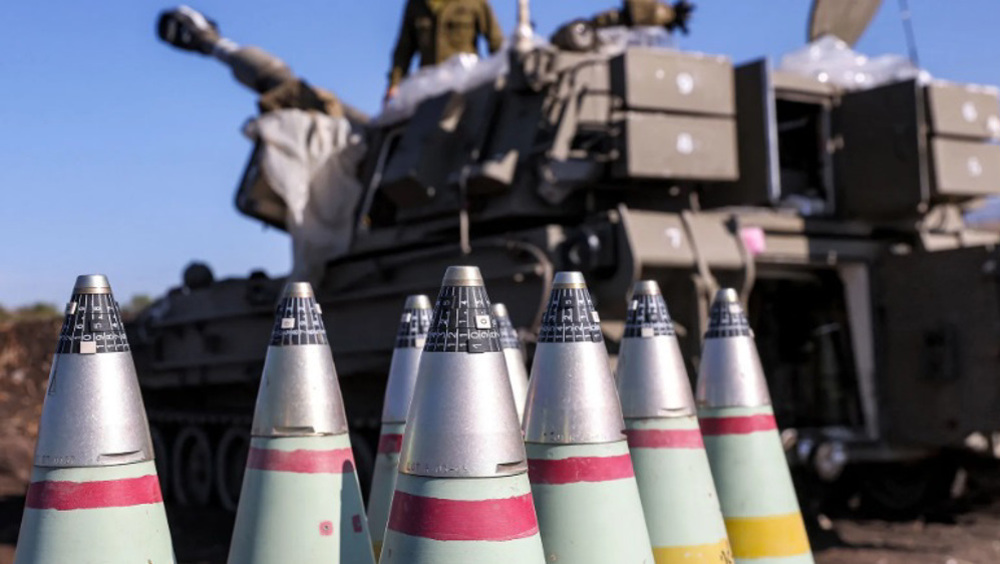Military action against North Korea possible: Top US cmdr.
The United States does not rule out a possible military action against North Korea, if Pyongyang continues to develop its nuclear weapons and ballistic missile programs, says a top US military commander.
On January 6, North Korea said it had successfully detonated a hydrogen bomb, a move that outraged Washington and prompted Congress to hit back with more sanctions against the country.
The standoff between Washington and Pyongyang further escalated on February 7, after North Korea successfully launched a long-range missile allegedly carrying an earth observation satellite.
The missile was thought to have a range of over 10,000 kilometers, enough to reach the US mainland.
Speaking before the Senate Armed Services Committee on Tuesday, Admiral Harry Harris, commander of US Pacific Command, said North Korea’s nuclear test was a global threat and a US military action is possible if such moves continue.
“I think they have posed a very distinct and real threat, not only to peace and stability on the Korean peninsula but globally,” Harris said.

Harris said he was not convinced that Pyongyang was in possession of thermonuclear weapons, but nonetheless, the latest atomic test posed a threat to US as well.
“They are on a quest for nuclear weapons and a means to militarize them and the means to deliver them intercontinentally; they pose a real threat to Hawaii and to the West Coast of the mainland United States and soon to the entire US,” the commander added.
Harris also used the opportunity to point out the Pacific Command’s shortage of weapons, saying “critical munitions shortfalls are a top priority and concern.”
Pyongyang will use WMDs if saw fit
Also testifying before the panel on Tuesday, was General Curtis Scaparrotti, commander of US Forces Korea, who said North Korean leader Kim Jong-un will not hesitate to use weapons of mass destruction (WMDs) if his leadership is challenged.
If he "thought his regime were challenged, he states that he would use WMD," Scaparrotti said, noting that tensions on the Korean Peninsula have reached their highest level in more than 20 years.
The recent surge in tensions between the two countries has prompted Washington to deploy more missile systems and advanced fighter jets to South Korea, drawing criticism from Russia and China.
Hind Rajab Foundation names Israeli war criminals vacationing after Gaza genocide
'This is cruelty, not war,' Pope Francis slams Israel's brutality against Gaza children
IRGC intelligence forces bust Takfiri terrorist team in western Iran
Syria’s de facto new ruler names Asaad al-Shibani as foreign minister
How 8-year-old Lebanese child Fawaz nixed Ben Gurion’s 76-year-old fallacy
VIDEO | 700,000 Cubans rally at US embassy in Havana against trade embargo
Iranian embassy staffer assassinated by terrorists in Damascus
VIDEO | Press TV's News Headlines














 This makes it easy to access the Press TV website
This makes it easy to access the Press TV website